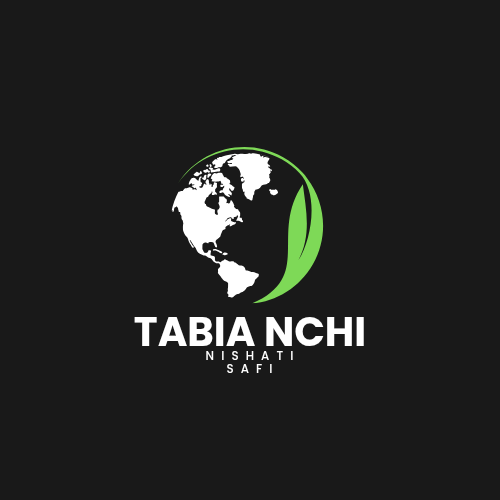
Uhifadhi wa Maji na Usimamizi wa Maji Taka ni kozi ya TVET Kiwango cha 3 inayolenga kukuza ujuzi wa kuhifadhi na kusafisha maji kwa lugha ya Kiswahili. Kozi hii itakufundisha mbinu za kiteknolojia na za kitamaduni za kutumia maji kwa uangalifu na kubadilisha maji taka kuwa rasilimali muhimu kwa shughuli za kilimo na ufundi.
Moduli kuu zilizomo:
-
Mzunguko wa Maji na Uhabari wa Maji – Maelezo ya asili ya maji na changamoto za upatikanaji wake.
-
Mbinu za Kuhifadhi Maji – Kukusanya maji ya mvua, ulinzi wa vyanzo vya maji na matumizi bora.
-
Usafi wa Maji Taka na Uchakataji – Aina za maji taka na mifumo rahisi ya kusafisha.
-
Teknolojia za Upya na Uzalishaji wa Maji – Kutengeneza vyombo vya kusafisha maji kwa gharama nafuu.
Shughuli za Kuvutia:
-
"Majribo ya Virtual ya Usafi wa Maji" – Kutazama mchakato wa uchakataji wa maji taka.
-
"Mchezo wa Mzunguko wa Maji" – Kuweka sehemu za mzunguko wa maji katika mpangilio sahihi.
-
"Simulizi wa Mkufunzi wa Maji" – Hadithi ya sauti kuhusu jinsi maji yanavyotumika katika ujenzi na kilimo.
-
Jaribio la uwezo – Maswali ya kuchagua jibu na mazoezi ya kuiga mifumo ya kuhifadhi maji.
Kozi hii inalenga kukupa ujuzi wa kutumika wa kuhakikisha upatikanaji wa maji safi na kudumisha vyanzo vya maji kwa vizazi vijavyo, huku ukijenga uwezo wako wa kutumia lugha ya Kiswahili katika mafunzo ya kiteknolojia na mazingira.
- Teacher: alex mukoya

